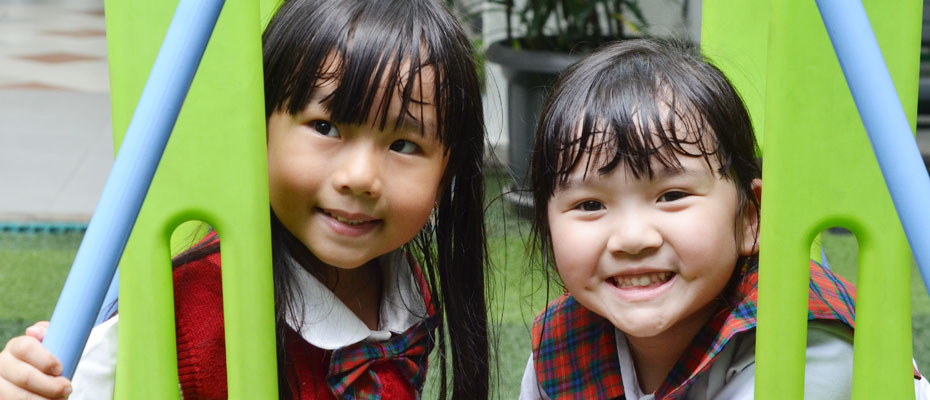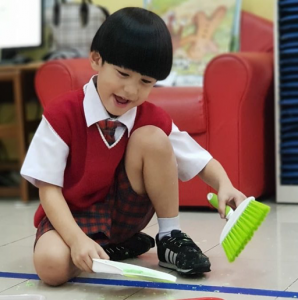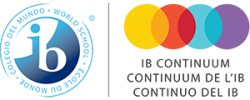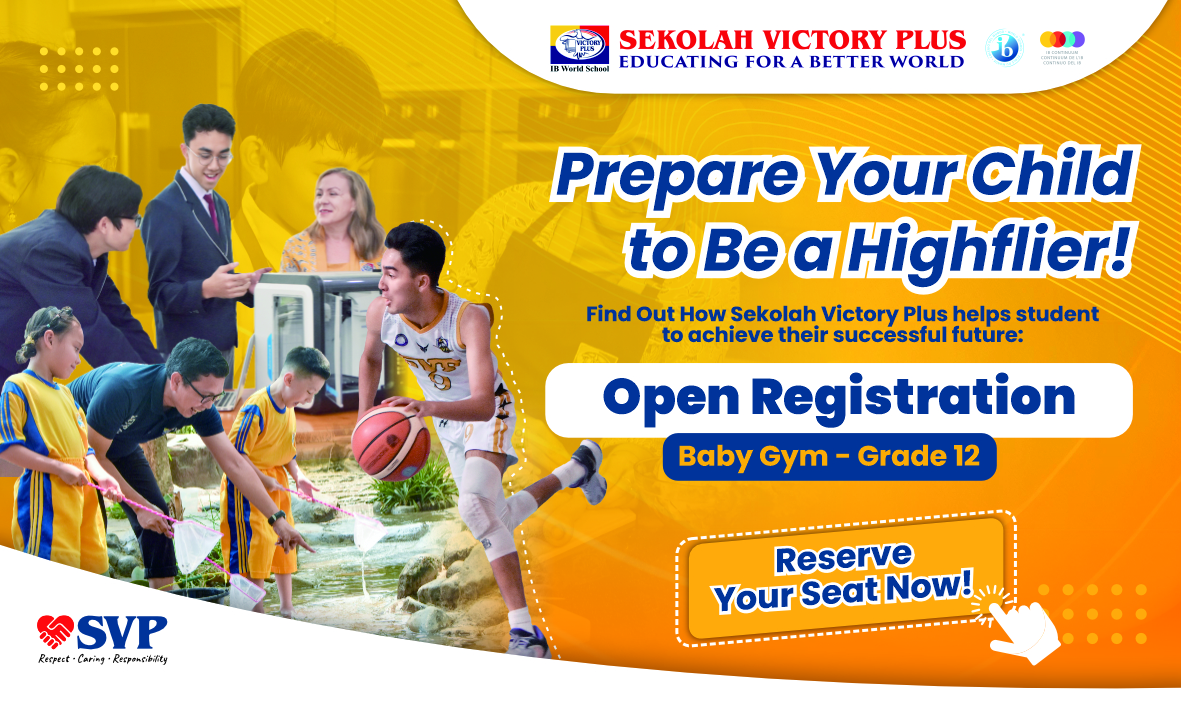Early Childhood Education (ECE)

The Early Childhood Education at SVP caters for the development of children aged 6 months to 6 years old by providing the following classes :
| Little Gym | 6 months – 1 year old |
| Junior Gym | 1 year – 2 years old |
| Toddler | 2 – 3 years old |
| Nursery | 3 – 4 years old |
| Early Years 1 (EY1) | 4 – 5 years old |
| Early Years 2 (EY2) | 5 – 6 years old |
Nurturing the unique abilities of your child
Young children have an insatiable curiosity and an almost limitless capacity to learn. They are natural inquirers, critical thinkers, competent, creative and full of potential. As an International Baccalaureate (IB) World School, our philosophy of teaching and learning is developed within the framework of the Primary Years Programme (PYP), which is a child centred approach.
At SVP we believe that in order for children to grow and learn, they need to feel safe, respected, loved and have a real sense of belonging. Children truly are born with a sense of wonder. Our teachers foster each child’s unique character, curiosity, love of learning and respect each child’s individual learning journey. We value relationships and believe that parents, students and the SVP team need to be partners in learning.
Current research about learning states that a child learns best within a community and that is why we all need to work together to maximize the learning for each child. We are committed to developing and providing education of the highest quality to prepare students for their future. Our teaching reflects the value we place on inter-cultural skills and is inspired by leading education philosophies, such as Reggio Emilia, Montessori, national curriculum and play based learning. These are all embedded within the framework of the PYP.
Montessori
The Montessori method of education is developed by Maria Montessori, an Italian educator. This method focuses on the development of the whole child with the emphasis on:
- independence and life-skills readiness
- self-directed and hands-on activities
- freedom within limits
- respect for a child’s natural psychological development
Maria Montessori believed that character education; teaching children to take care of themselves, each other and the world around them, was just as important as pre-academic skills such as phonetics and number recognition.
Children are taught basic exercises that provide the opportunity for purposeful work and these exercises assist children in their development; physically, cognitively, socially and emotionally.
One of the Montessori areas of learning is Practical Life exercises, which are designed to teach children life skills. They help the small children develop intelligent and responsible contact with his/her surroundings. They enhance the children’s control over their movements, exercising the muscles of the whole body with understanding and purpose. They’re also made responsible for keeping the classroom orderly and clean.
The Montessori Method provides a marvelous inspiration and prepares the child for life-skills.
Principles of the Montessori Method
- All material must have a definite purpose and be meaningful to the child.
- The difficulty or the error that the child is to discover and understand must be isolated in a single piece of material.
- The materials progress from simple to more complex design and usage.
- The materials are designed to prepare the child indirectly for future learning.
- The materials begin as concrete expressions of an idea and gradually become more and more abstract representations.
- Montessori materials are designed for independent learning and the control or error lies in the materials themselves rather than in the teacher. The control of error guides the child in his use of the materials and permits him to recognize his own mistakes.
Reggio Emilia
A Reggio inspired educational programme shares the image of a successful child as one who is curious, confident, competent and well prepared for the future. It also recognizes the importance of the environment to provide learning opportunities for children to investigate, analyse, question, test ideas and take action. Emphasis is placed on the development of collaborative skills, social skills, independence and developing a sense of belonging. Children are encouraged to use language and mediums to investigate, to explore and to reflect on their experiences and provide opportunities for all to learn and explore together.
Play-based Learning
Play-based learning is a teaching approach that is recognized world-wide by leading researchers in the Early Years Education field to be the most effective way of teaching children in the Early Years.
It is a teaching technique (or approach) where it looks like children are ‘just playing’. However, there is a lot of planning and preparation in making sure that learning is happening while children are playing. To the observer and for the student, it may look like or feel like that it is just fun and games but deep learning is happening concurrently. Within the ‘play’, the teacher has planned and prepared the learning experiences relating to specific curriculum (learning) objectives.





